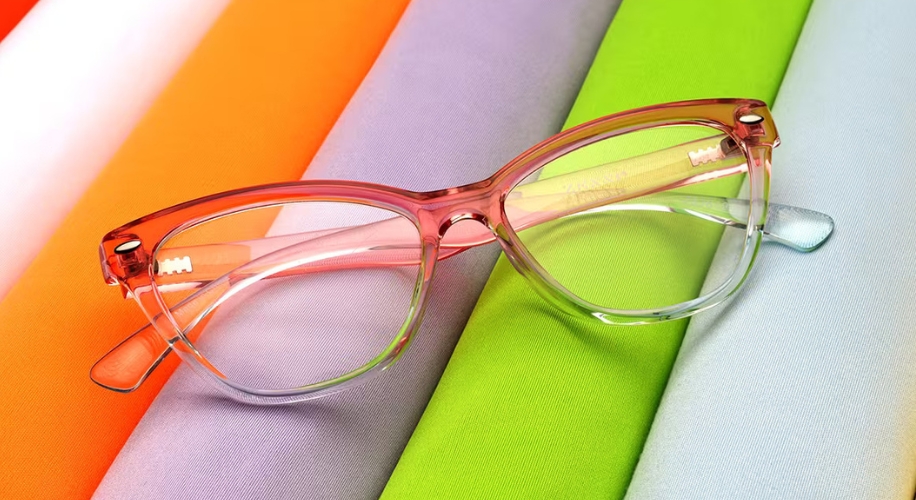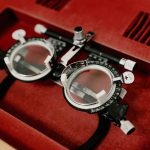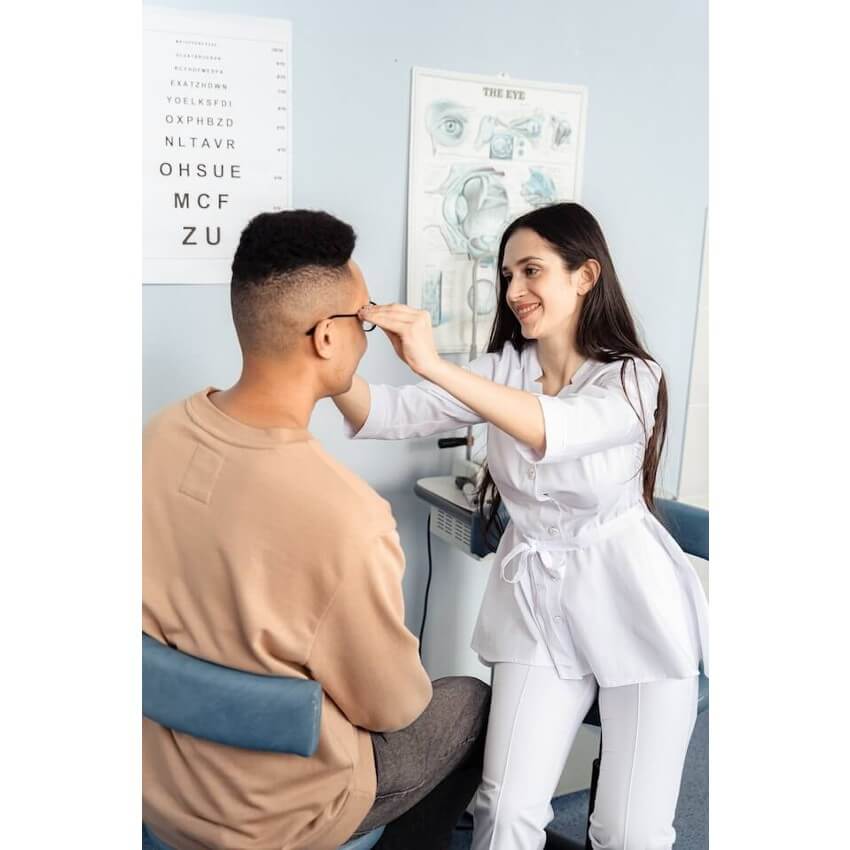Understanding Nearsightedness and Correcting It with Glasses
- BY Dr. Steven Liem
- IN Glasses

Photo by Ksenia Chernaya
When it comes to vision challenges, nearsightedness is one of the most common issues that people face. Medically known as myopia, this condition occurs when the eye is longer than usual or when the cornea is too curved. As a result, light rays focus just in front of the retina instead of directly on it, causing distant objects to appear blurry while close objects remain clear. Understanding this condition is the first step towards finding a suitable correction method.
What Causes Nearsightedness?
Nearsightedness can be due to genetics or environmental factors. In many cases, if parents are nearsighted, there is a higher chance for their children to develop the condition as well. However, lifestyle factors such as extensive reading, computer use, and any work requiring prolonged focus on nearby objects can also contribute to the development of myopia. Research has shown that spending less time outdoors may increase the risk of nearsightedness in children.
Recognizing the Symptoms

Photo by Ksenia Chernaya
- Difficulty focusing on distant objects
- Squinting to see clearly
- Eye strain or headaches after prolonged concentration
- Needing to sit closer to the television or at the front of the classroom
Correcting Nearsightedness with Glasses
Fortunately, nearsightedness is easily correctable. Eyeglasses are the simplest and most common way to correct myopia. They work by refocusing light rays onto the retina, allowing for clear vision. When you visit an optometrist, they will perform an eye examination and provide a prescription that indicates the lens power needed to correct the vision, which might include OD (right eye) and OS (left eye) measurements.
Finding the Right Glasses
Shop These Zenni Frames
Choosing the right pair of glasses involves several considerations:
- Lens prescription: This is the most crucial factor as it must address the degree of nearsightedness.
- Frame style: Comfort, fit, and personal style are important. The frames should complement your face shape and be comfortable for extended wear.
- Lens coatings and features: Options like anti-reflective coatings, blue light blocking, and UV protection can enhance the functionality and comfort of your glasses.
- Pupillary distance (PD): Accurate measurement of the distance between your pupils ensures that the lenses will be correctly aligned with your eyes.
At Zenni Optical, we make the process of selecting and ordering the perfect pair of glasses stress-free and straightforward. Our wide range of affordable eyeglasses ensures that you can find a pair that not only meets your vision needs but also aligns with your personal style.
Maintaining Your Vision Health
While correcting nearsightedness with glasses is effective, it’s also essential to maintain overall eye health. Regular eye exams are important for monitoring your vision and updating your prescription as needed. Additionally, protect your eyes from harmful UV light by wearing sunglasses outdoors, and give your eyes frequent breaks during tasks that require prolonged focus to reduce eye strain.

Remember that glasses are more than just a tool to correct vision; they’re an accessory that can match your lifestyle and fashion preferences. Whether you’re looking for something classic, trendy, or functional like sports glasses, Zenni Optical has an array of options to choose from. Embrace your glasses as a part of your unique look and enjoy the clarity they bring to your daily life.
About the Author: Dr. Steven Liem, OD, FAAO
Dr. Steven Liem, O.D., F.A.A.O. is an optometrist based in Pasadena, California. After obtaining his doctorate from UC Berkeley’s School of Optometry, he completed his residency in Pediatrics, Vision Therapy & Rehabilitation and became a Fellow of the American Academy of Optometry. When he isn’t busy streaming or making Youtube videos about video games, Dr. Liem aims to broaden accessibility to vision health through his involvement in optometric industry and tech.




